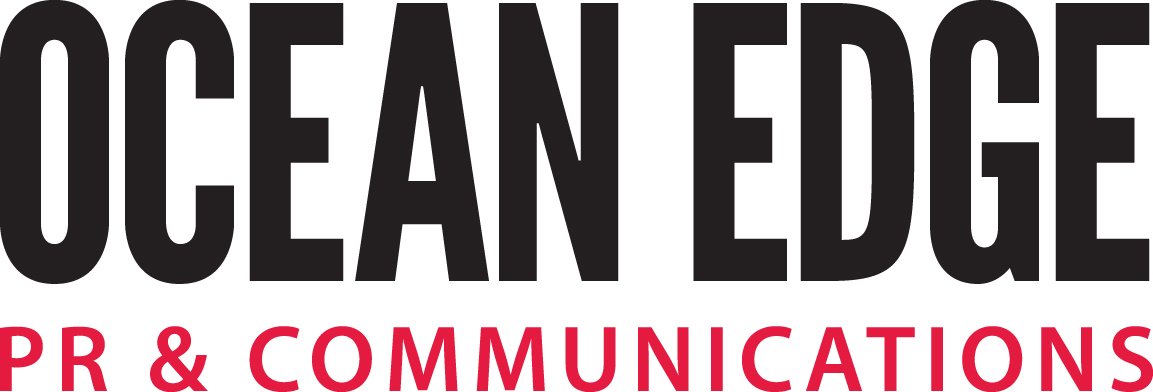Want to build trust and credibility with residents whilst improving satisfaction rates? Transparency in communication is paramount.
This blog explores what this means in practice for social housing providers and how it can be achieved.
Trust is the foundation of any strong relationship, and when residents feel their landlord is open and honest with them, they are more likely to trust the information they receive. This trust needs to be built over time through consistent, clear and transparent communication that leaves no room for doubt or suspicion.
Enhancing Resident Satisfaction
It’s no secret that transparency in communication has a direct correlation with resident satisfaction. Tenants must be reassured their voices are heard and their concerns are taken seriously – so landlords must effectively communicate how they engage with customers and how they respond to feedback (be it good or bad).
Of course it’s easy to focus on reporting positive feedback and good news stories, but landlords shouldn’t be afraid to publicise details of negative feedback – as long as this is accompanied with a plan for improvement of course. Transparency involves being upfront about problems and the steps being taken to resolve them. Whether it’s a maintenance issue, a financial challenge, or a policy change; addressing these matters openly and proactively demonstrates a commitment to honesty and accountability. By making residents aware of an issue, the reasons behind decisions, and the steps being taken to resolve a situation can also help to effectively prevent conflict or escalation.
Top tips on how to implement a culture of Transparent Communication
· Regular Updates and Open Channels
Consistent and honest communication with residents is vital to keep customers updated and informed. Landlords can utilise various channels to maximise their reach with all members of the community, eg through the use of printed newsletters, e-bulletins, social media, community meetings, posters or leaflets.
Information must be two-way so it is essential to maintain open channels of communication, like suggestion boxes, forums, surveys, walkabouts, drop ins or direct contact points to allow residents to voice their opinions and concerns easily.
From a simple ‘you said we did’ list of issues raised on an Estate Walkabout to incorporating suggestions and feedback from formal tenant panels into long term business plans. Communicating how tenants can make their voices heard and how this feedback is acted up, will ultimately lead to higher satisfaction levels as residents feel valued and acknowledged.
· Clear and Concise Messaging
Clarity in communication is essential. Messages must always be concise, straightforward, and free of jargon. When residents understand the information being communicated, they are more likely to trust it and feel confident their landlord is transparent. So if there’s no professional communications team in house it is worth calling in expert support to ensure that all information is written and designed in a way that accessible to residents.
· Inclusive Decision-Making
Promoting the ways that residents can get involved in the decision-making process is a powerful way to enhance transparency. Surveys, polls, meetings and tenant panels enable residents to provide input and play an active role in important decisions, so it is essential that these various opportunities are promoted and communicated effectively.
Conclusion
Transparency in communication is a cornerstone of building trust and credibility with social housing residents. By committing to open, honest, and proactive communication, landlords can enhance resident satisfaction, foster a strong sense of community, and enjoy the long-term benefits of trust and loyalty. Embracing transparency is not just about sharing information; it’s about building relationships and creating a thriving, collaborative community where residents feel valued and heard.
For more, personalised advice on transparent communications in your organisation please get in touch with the experts at Ocean Edge Communications, who have been working on award-winning social housing communication solutions for over 20 years.


